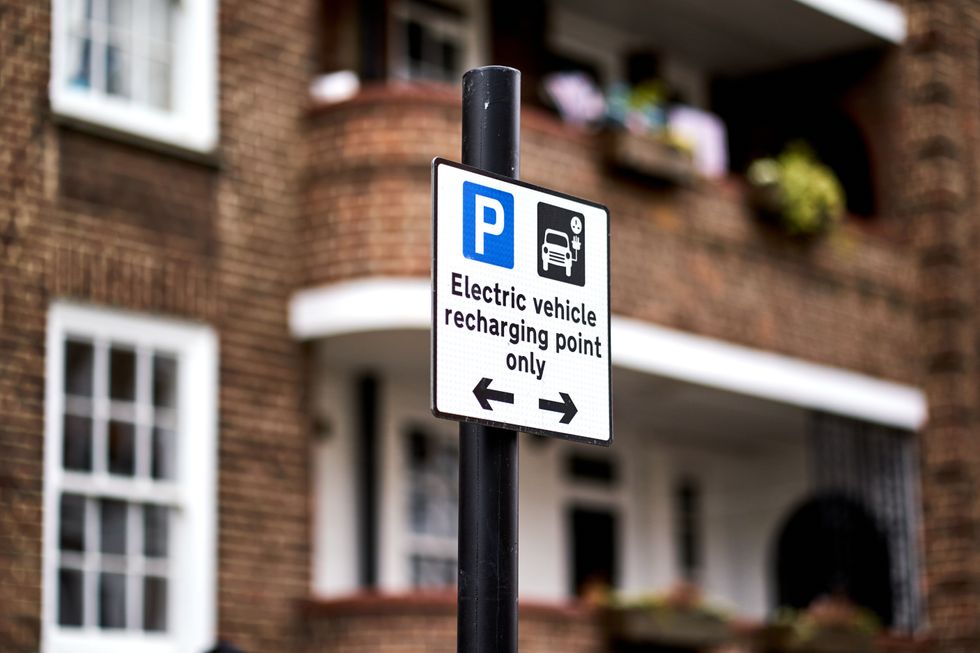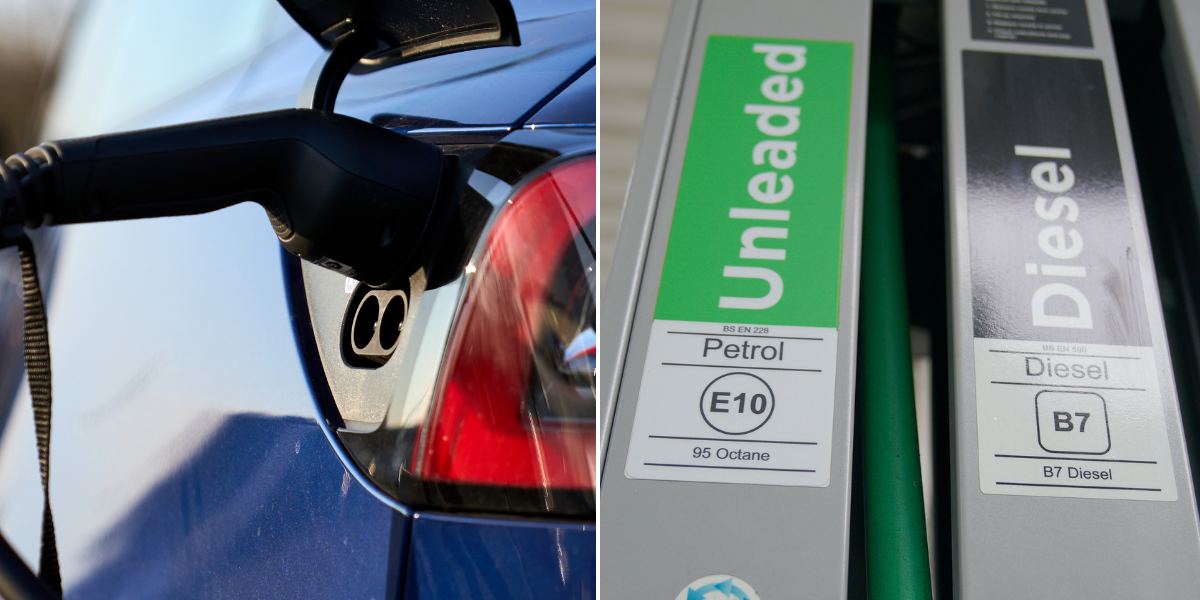Experts from across the UK have urged the Transport Secretary to stick to the zero-emission vehicle mandate after agreeing to allow certain “flexibilities” for manufacturers falling behind.
The urgency comes after 14 non-governmental organisations, think tanks and campaign groups wrote to Transport Secretary Louise Haigh to maintain the ambition of the zero-emission vehicle (ZEV) mandate.
Earlier this week the secretary agreed that the department would be willing to allow certain flexibilities for car makers who are currently struggling to meet the 2035 deadline to have all new car sales electric.
As part of the deadline, the UK will need to have at least 22 per cent of new car sales electric by this year, a figure manufacturers have argued is too steep.
Do you have a story you’d like to share? Get in touch by emailingmotoring@gbnews.uk
Drivers are still hesitant to switch to an electric vehicle
PA
But now organisations, including Greenpeace, Friends of the Earth and ClientEarth, have written a joint letter calling for existing targets and penalties to remain in place.They argue that current flexibilities in the regulation are sufficient and warn against undermining one of the UK’s most significant climate policies.
The groups insisted that the Government should instead focus on supporting the EV transition through targeted policies.
The letter spearheaded by Transport and Environment, read: “The ZEV mandate is one of the UK’s single biggest carbon saving measures to date and one of the world’s leading supply-side regulations for the transition to electric vehicles.
“It has helped the UK to pull in EV supply ahead of the rest of Europe – with the share of new car sales currently the highest of the biggest five car markets in the EU and UK, and keeping pace with rising global markets.”
It added that the mandate has also helped bring down prices of EVs to help make them more competitive and affordable for the public.
“Dropping EV prices isn’t a sign of market failure – it’s by design. Regulations create markets, and that’s exactly what the ZEV mandate is doing for more affordable EVs,” the letter continued.
The groups noted that the ZEV regulation was established following three extensive consultations and numerous stakeholder workshops, with manufacturers given enough flexibility during the first three years.
According to a New Automotive analysis, when accounting for CO2 flexibility, the average target for carmakers in 2024 is 18.1 per cent, which has already been achieved. But the group warned that granting additionalflexibilities could undermine the regulation’s ambition and make it harder for the UK to meet its legally binding carbon targets.
 Many car makers have introduced more electric vehicle incentives PA
Many car makers have introduced more electric vehicle incentives PABut the group warned that granting additionalflexibilities could undermine the regulation’s ambition and make it harder for the UK to meet its legally binding carbon targets.
Speaking to LBC Radio, Haigh said earlier this week: “We are absolutely in listening mode, but we are not diluting our ambition.”
She emphasised that while there are existing flexibilities in the current mandate, ministers want to work with manufacturers on whether these are working effectively.
Under current rules, car manufacturers must ensure at least 22 per cent of their new vehicle sales are electric this year, rising to 28 per cent in 2025. Companies failing to meet these targets face fines of £15,000 per vehicle, with the mandate becoming progressively stricter until 2035 when all new car sales must be electric.
LATEST DEVELOPMENTS:
The campaigning groups argue that weakening the ZEV mandate would put at risk £6billion committed by the charging industry and £23 billion in EV and battery investment announced in the UK.

